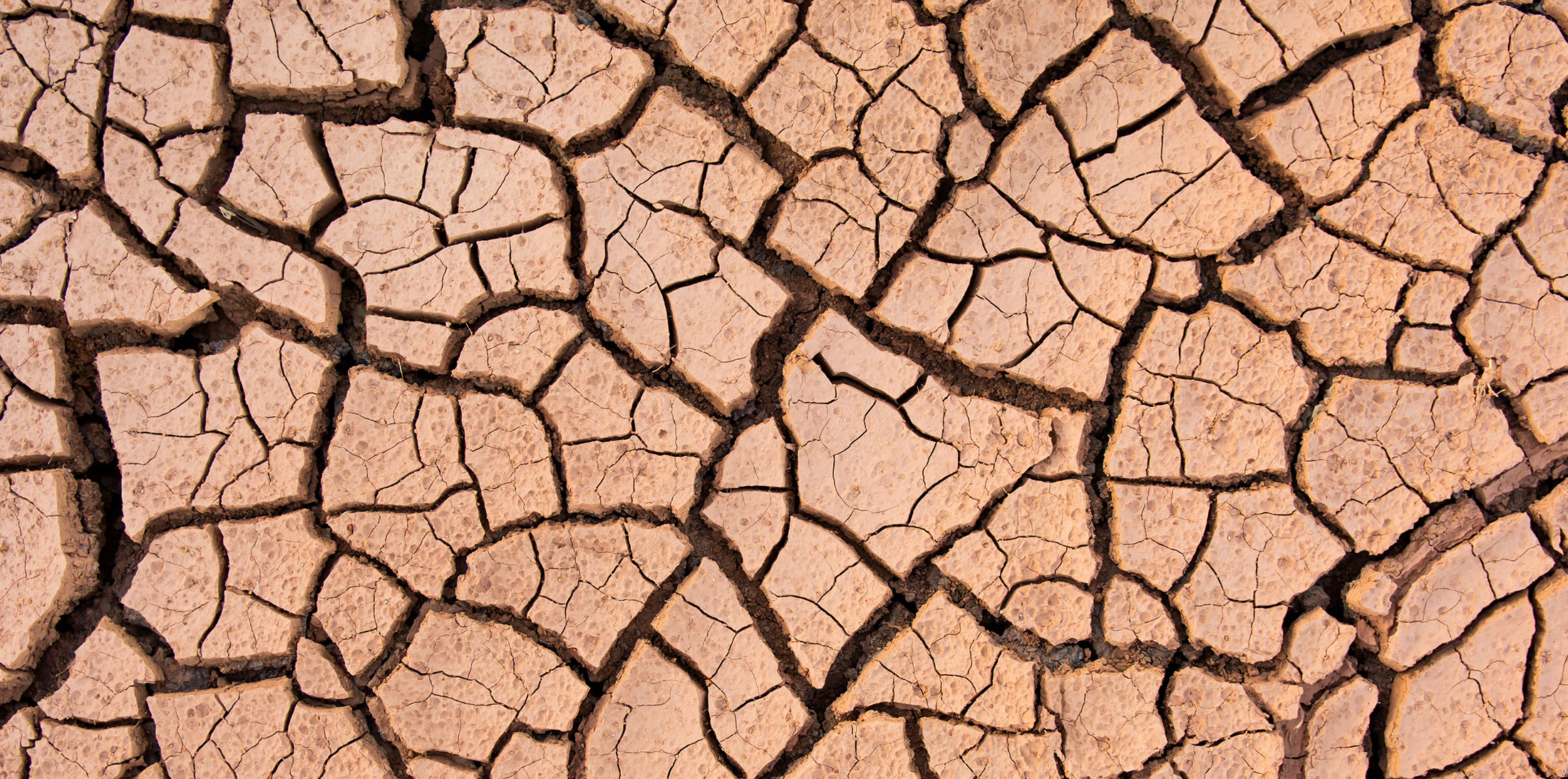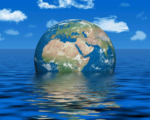Global Water Cycle in Crisis: Humanity Disrupts Nature’s Balance, Threatening Half of World’s Food Supply

For the first time in history, the global water cycle has been thrown dangerously out of balance due to human activity, leading to a looming water crisis with catastrophic potential, according to a new report by the Global Commission on the Economics of Water. The report, released on Wednesday, warns that decades of destructive land use, water mismanagement, and the accelerating climate crisis are placing unprecedented stress on the Earth’s natural water systems, jeopardizing economies, food production, and lives worldwide.
The global water cycle refers to the continuous movement of water on, above, and below the Earth’s surface. Water evaporates from bodies of water, soil, and plants, rises into the atmosphere, and eventually returns as precipitation. This natural process is now severely disrupted. Nearly 3 billion people are already facing water scarcity, crops are withering under drought conditions, and cities are sinking as groundwater reserves dry up.
Without swift and decisive action, the water crisis is expected to devastate global food security. More than half of the world’s food production is at risk, and the economic fallout could be severe, with projections of an 8% reduction in GDP globally by 2050. Low-income countries are expected to be hit hardest, facing potential losses of up to 15%.
Johan Rockström, co-chair of the Global Commission, explained the scale of the problem: “For the first time in human history, we are pushing the global water cycle out of balance. Precipitation, the source of all freshwater, can no longer be relied upon.” The report identifies two types of water: “blue water,” the visible liquid water in lakes, rivers, and aquifers, and “green water,” the moisture stored in soil and plants. Historically overlooked, green water is essential to the water cycle, producing roughly half of all land-based rainfall.
The report emphasizes that disruptions to the water cycle are intricately linked with climate change. Healthy ecosystems, including forests and wetlands, play a key role in absorbing carbon and maintaining moisture levels. However, human activities like deforestation and the destruction of wetlands have weakened these vital systems, worsening both global warming and water shortages. Rising temperatures are causing more frequent and severe droughts, fires, and reduced rainfall, further destabilizing ecosystems.
The report also highlights the massive amount of water required to support human life and dignity—about 4,000 liters per person per day, far more than what most regions can sustainably provide from local sources. This figure contrasts sharply with the United Nations’ basic needs guideline of 50 to 100 liters per day, underscoring the scale of the problem.
Richard Allan, a climate science professor at Reading University in England, who was not involved in the report, agreed with its findings. He pointed out that human activities are altering both the land and atmosphere, warming the climate, and intensifying extreme weather patterns. “The report paints a grim picture of human-caused disruption to the global water cycle, the most precious natural resource that ultimately sustains our livelihoods,” Allan told CNN.
Addressing this crisis, the report urges world governments to recognize the global water cycle as a shared resource and take collective action to protect it. Because water cycles across borders through rivers, lakes, and atmospheric moisture, decisions made in one country can affect rainfall patterns in distant regions. Therefore, cooperation and sustainable management of natural resources are essential to combat the crisis.
One of the proposed solutions is to overhaul the economic treatment of water. This includes better pricing strategies to prevent waste and discourage water-intensive industries, such as agriculture and data centers, from being located in water-scarce regions. Ngozi Okonjo-Iweala, director general of the World Trade Organization and a co-chair of the commission, emphasized the need to revalue water. “The global water crisis is a tragedy, but it is also an opportunity to transform the economics of water,” she said. Valuing water appropriately is crucial to recognizing its scarcity and the essential benefits it provides to life on Earth.














